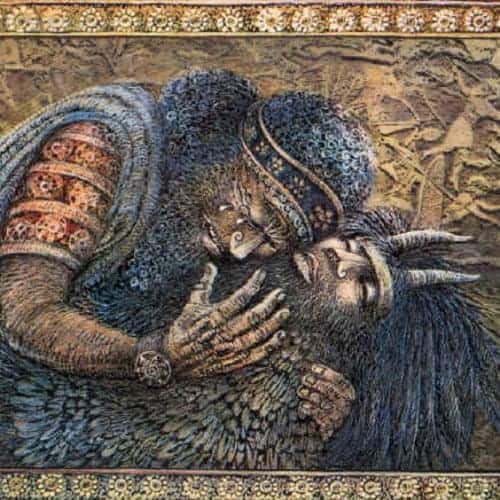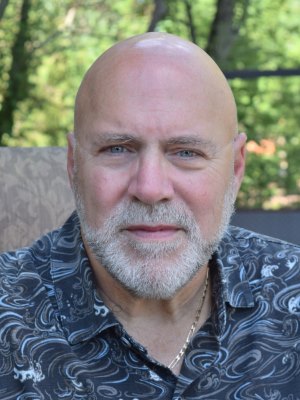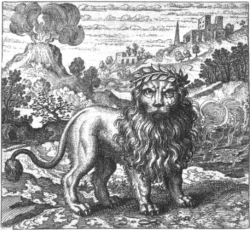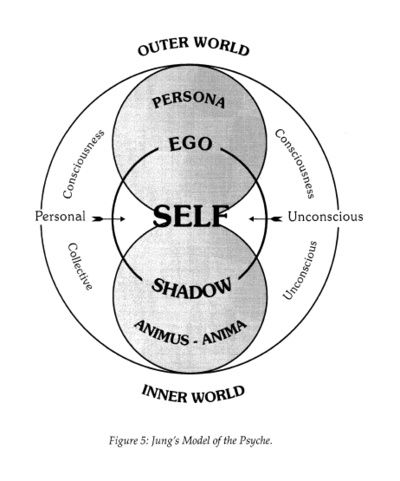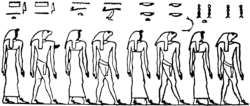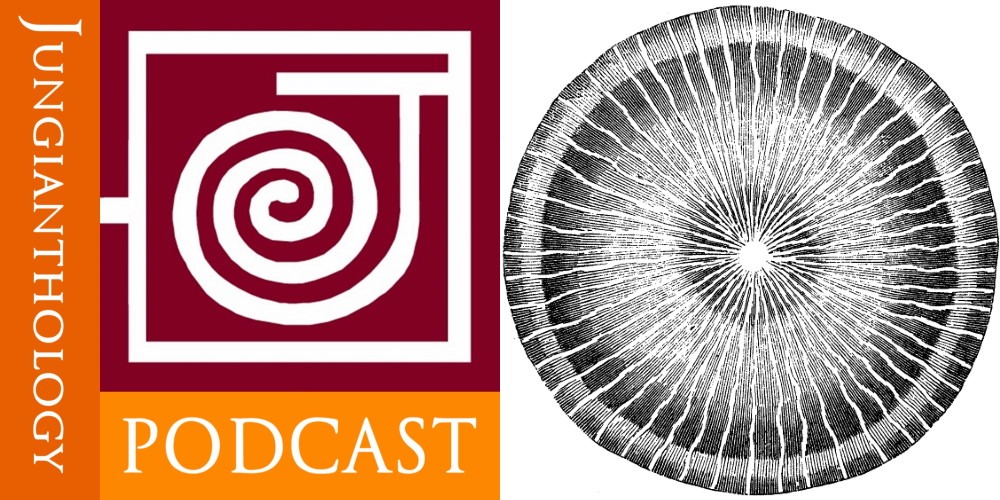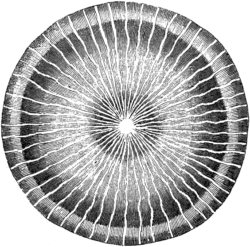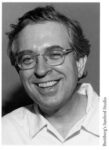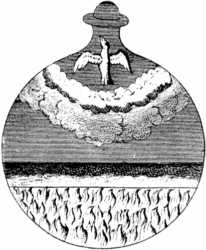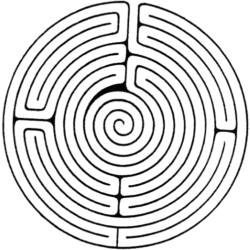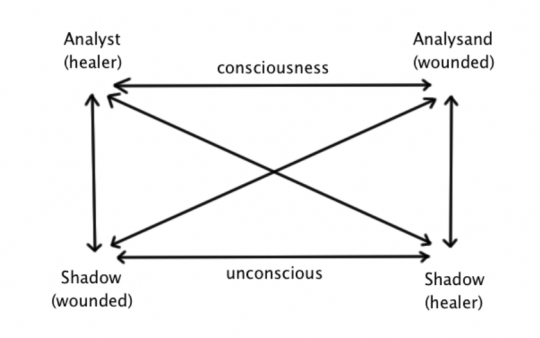Racism & the Cultural Complex: Welcome to the United States of America (Full Seminar)
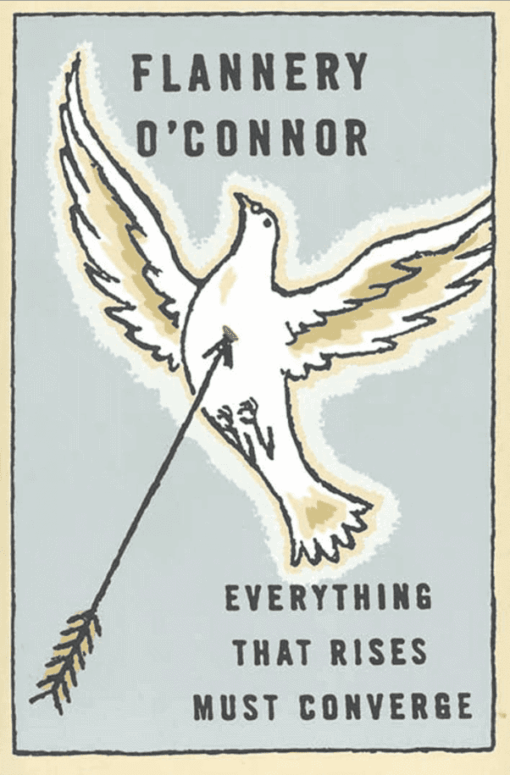
It seems appropriate at this point in time to share a seminar from our store, “Racism and the Cultural Complex: Welcome to the United States of America”, with Anita Mandley, MS, LCPC and Stephanie Fariss, JD, LCSW, in its entirety. It was recorded in the fall of 2015. From the seminar description:
A recent article in The Huffington Post reads: “A white man guns down nine black people in a church in South Carolina. The state’s Confederate battle flag stays waving in the wind the next day. The white man is arrested. He is given a Kevlar jacket. Welcome to the United States of American in 2015.”
It is impossible to imagine how 350 years of slavery, segregation and racism would not have monumental consequences for both White and Black Americans. And yet, many want to believe that electing an African American President has changed all that. Events during the last year have turned that fantastical belief on its head and now more than ever we must work to understand the insidious nature of racism. Depth psychology has an important role to play in this endeavor, especially as we begin to understand how shared historical and cultural trauma experiences lead to cultural complexes in groups and within the psyche of individuals. This course will explore the presence and power of historical and cultural traumas—how the legacy of these traumas impact the brains, bodies and minds of individuals, and how the shared experience of trauma creates cultural complexes that structure emotional experience.
Learning Objectives
By participating in this workshop, attendees will be able to:
1) Describe the relationship between historical and cultural traumas and cultural complexes;
2) Explain Post-Traumatic Slavery Syndrome;
3) Define micro-aggression and describe its component parts.Recommended Reading & Viewing
• O’Connor, F. (1971). “Everything that rises must converge.” In The Complete Stories, pp. 405-420.
• Borglum, L., Jensen, P.A. (Producers), & von Trier, L. (Director). (2005). Manderlay.
• Coates, T. (2015). Between the World and Me.
• DeGruy Leary, J. (2005) Post Traumatic Slavery Syndrome: America’s legacy of enduring injury and healing.
• Obama, B. (2004). Dreams from My Father: A story of race and inheritance.
• Singer, T. and Kimbles, S. (2004). The Cultural Complex: Contemporary Jungian perspectives on psyche and society.
PowerPoint: A PDF of the slides shown in this seminar are available HERE.
Video: A video shown in the seminar is available on YouTube HERE.
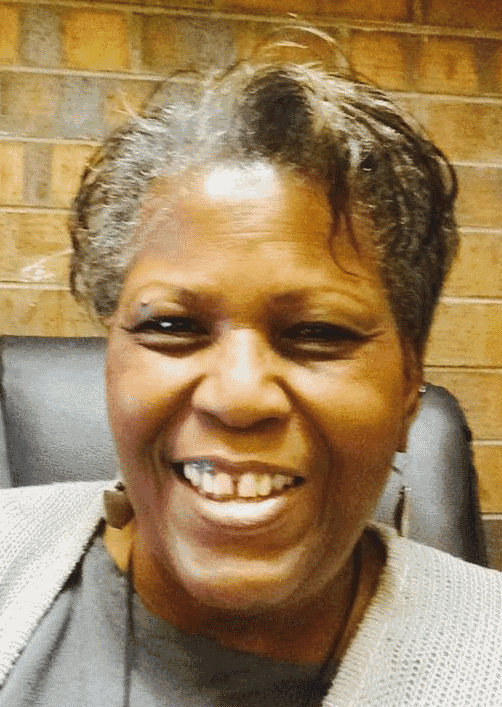
Anita Mandley, MS, LCPC is an Integrative Psychotherapist with over 30 years of experience in the field of Mental Health. Anita’s specific areas of special interest and expertise is in working with adults who struggle to manage their moods and those who have had significant experiences of invalidation, including experiences of trauma, violence, abuse, and neglect. The complexity of such experiences necessitates complexity in treatment. Anita’s integrative perspective and treatment approach is based on her belief that you need to treat clients’ distress in the context of their whole self: i.e. body, brain, mind, and spirit. Anita uses the dynamic Collaborative Stage Model, developed by Mary Jo Barrett to organize treatment in a way that increases efficacy, while avoiding the treatment pitfalls of the extremes of chaos and rigidity. Anita leads the Center’s Adult Integrative Trauma Team and Dialectical Behavior Therapy Team. She also does training and consultation for groups and individual clinicians at the Center. She also presents workshops at agencies and in the community on topics such as: Dialectical Behavior Therapy, Complex Post-traumatic Stress Disorder, Post-traumatic Slavery Syndrome, Dissociative Identity Disorder, and Cultural Diversity, among others.
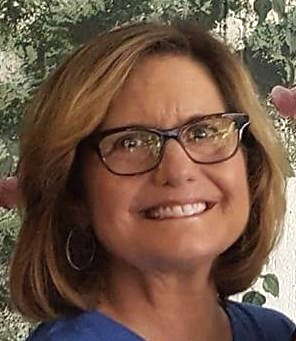
Stephanie Fariss, JD, LCSW is a member of the Chicago Society of Jungian Analysts and a psychoanalyst in Chicago. She has a private practice in the Chicago loop where she sees individuals and couples and runs psychotherapy groups. She has a special interest in the relevance of psychoanalytic thought to social issues such as addictions, race, organizational resilience, politics and animal welfare.
Podcast: Play in new window | Download (60.7MB)
Support Us: Visit Our Store | Make a Donation
Thank you to our 2019 Supporter level donors: Bill Alexy, Usha and Ashok Bedi, Circle Center Yoga, Arlo and Rena Compaan, Eric Cooper and Judith Cooper, Lorna Crowl, D. Scott Dayton, George J. Didier, the Kuhl Family Foundation, Ramaa Krishnan & Full Bloomed Lotus, Suzanne G. Rosenthal, Deborah Stutsman, Debra Tobin, Alexander Wayne and Lynne Copp, Gerald Weiner.
© 2015 Anita Mandley and Stephanie Fariss. This podcast is licensed under a Creative Commons Attribution-NonCommercial-NoDerivatives 4.0 International License. You may share it, but please do not change it, sell it, or transcribe it.
Music by Michael Chapman
Edited and produced by Benjamin Law

